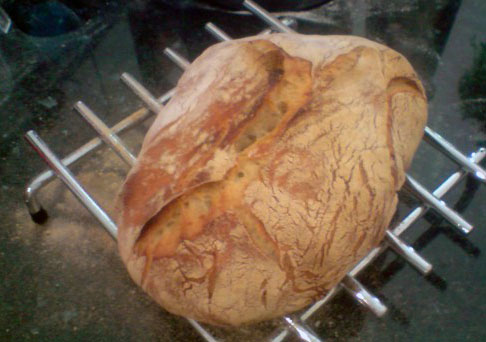My reading leads me do believe Machiavelli was the first to seriously use broken-ness as a tool of investigation. When he wrote The Prince, the sixteenth century Florentine was attempting to find in the question of morality a new continent in the vain of Columbus’ great discovery. It was an age of empire, of discover, of the birth of a nation. And, here is Machiavelli greatest contribution. We might think them unfriendly bedfellows Aristotle, Heidegger, Nietzsche, Descartes, yet on this point they belong to the tradition of explaining the stable world. It is T.S. Elliot’s still point of a turning world. A philosopher, whose name I prefer to forget, unwittingly summarizes Machiavelli’s approach. Machiavelli writes about the princedoms, cities, and civilization. Here it is about the banal disappearance of the author: “we must located the space left empty by the author’s disappearance follow the distributions of gaps and breaches, and watch for the openings this disappearance uncovers”. It is a philosophy emerging from breakage, from the unstable. Machiavelli thought this was when morality is needed most. It is a philosophy of conspiracies, war, exploration, coups and the birth of nations.
Everything has an inbuilt resistance to stress. Beyond this level of stress things break down into uselessness. Under stress an object such as a water glass will break. Ideas act in the same manner. In literature we encounter the example of the metaphor. Pushed to the point of absurdity the metaphor breaks down becoming no longer useful.
The ‘wholeness’ of a thing is not central. Indeed, the question of at which point of decay a thing cease to be itself is an irrelevant distraction. A water glass can remain whole while being perfection functionless, and inversely it can shatter will remaining functional. However, the question of wholeness does lead to the question of original intent. Functionality is not linked to original intent. Things might not maintain their original function to remain functional.
The exact moment and location of breakage is irrelevant. Instead, it is important to recognise the state of broken-ness and broken-ness like a lost functionality. Breakage occurs from external or internal processes. Understanding these processes may help us to understand stress and the original thing, but it does not help in considering the lost of functionality. And, let’s always keep our eye on the lost of functionality.
Now, turning to transformation: The concepts of broken-ness and transformation lie across each other. Transformation is the change from one state to another. Broken-ness is the transformation into a state of disorder. Broken-ness is a specific case of transformation, a loss of functionality.
The division between the functional and the non-functional is vague. We can recognise the later not in the thing itself but by external its interactions. A functioning object is in constant use and through its application is transformed. Over time the earlier example of the water glass become chipped while maintaining functionality. A non-functional object become stagnant being left unused and thus avoids transformation. Functional is central in life. The non-functional exists at life’s margins.
It is often noted that a marked difference between the Chinese and Western philosophical traditions is practicality. Here we might call it functional. I am not arguing for an entirely functional philosophy. I am interested in the idea of breakage: that everything will come to the point of breakage under a certain amount of stress. In this regard, ideas are no different from objects. Repeated use, change of external environment, deliberate exploitation of weakness and changes in internal circumstances can bring about breakage.
The Machiavellian divide is a simple one and one of the fundamental divides of philosophy. It divides those thinking about the stable and those thinking about the unstable. This is a piercing glimpse into the obvious, but one that needs to be proclaimed. When breakage is all around, in times of flux, hierarchies are need: temporary hierarchies, flexible hierarchies. They allow us to stand at a point, to readjust our balance, and then to move forward.

